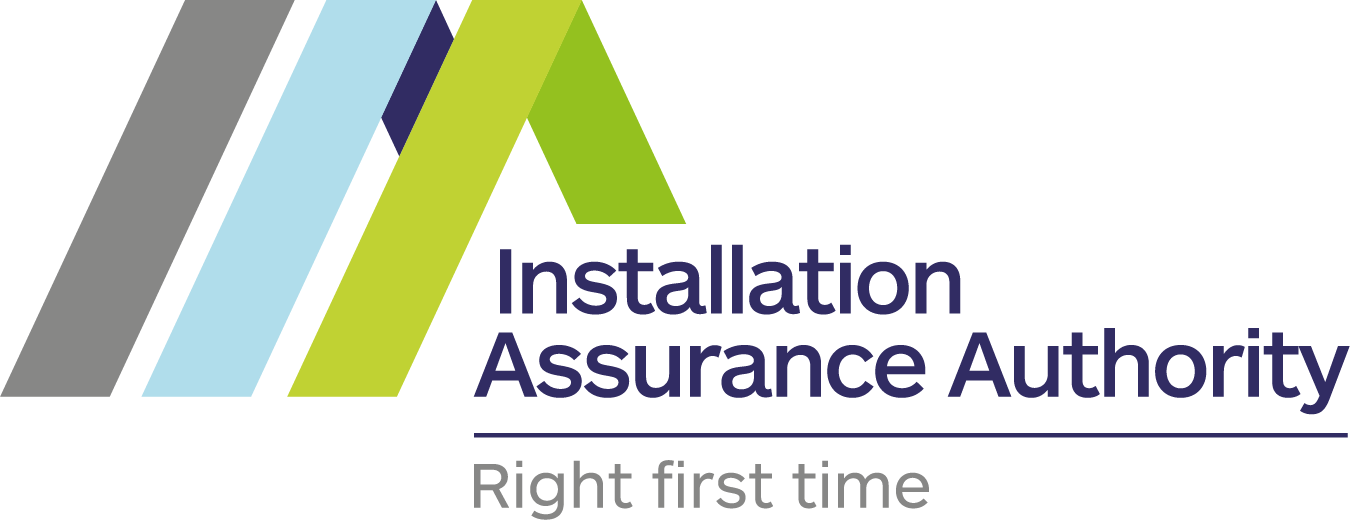PAS 2030
What is a PAS 2030?
PAS 2030 (publicly available specification) is a British Standards Institute (BSI) standard which sets out the requirements for installing, commissioning and handover of Energy Efficiency Measures (EEM’s) in domestic retrofit projects. The primary objective of PAS is to assists installers to comply with its requirements for EEMs, providing installation specification for a measure specific Annex. Compliance with the PAS standard requires each installation to meet all of the requirements of PAS 2030.
All retrofit installers who want to install one or more specified EEMs under public funded schemes such as ECO need to be PAS 2030 certified to access these schemes. PAS is required for all funded works such as ECO, Local Authority Delivery Funding and the future Home Upgrades Grant. It is a fundamental requirement under the TrustMark Scheme Rules.
Supporting our members with PAS 2030:19
PAS 2030:19 specifically highlights and supports the development of skills and the use of Retrofit PAS 2035.
Skills
PAS 2030:19 in particular focuses on developing skills in the form of vocational qualifications such as the NVQ Level 2 and Level 3 in Insulation and Building Treatments. The emphasis on skills is to ensure all parties involved with the installation of the energy efficient measures abide by a higher standard and have the right level of competencies to carry out specific installations.
Retrofit PAS 2035
The PAS 2030:19 standard requires a range of Retrofit roles which all must be involved in each installation, this includes:
- Retrofit Assessor
- Retrofit Coordinator
- Retrofit Designer
- Retrofit Installer
Whole house retrofit & The IAA
PAS 2035 drives the requirement for ‘Whole House Approach’, which has been identified as a way forward for the sustainability of the built environment in the UK. The need for the Whole House Approach has been championed by several organisations, in which it was subsequently taken up by Government more recently in both Hansford an Bonfield reviews.
A genuine Whole House Approach begins with the significance and context of the house, considers the relationship between building fabric, services and occupants, and involves everyone in the process of design, installation and use. This will minimise negative unintended consequences and can be used in all building types.
How can The IAA help?
As a certification body for PAS 2030:19 the role of The IAA is to audit against the new PAS 2030 standard and carry out the necessary risk-based surveillance as indicated by PAS 2031. We are conscious of the surveillance cost burden associated with PAS and indeed that often installers lack clarity at the beginning of the surveillance year on the actual amount of installation work they will carry out for any particular measure. The IAA are conscious of this cost and as such provide our end-to-end members with a flexible pay as you go surveillance scheme based on a proportionate fee spread across each measure installed so that you only pay for what you do.
All installers who want to participate in future Government initiatives will need to operate under the PAS 2030:19 standard to also support the shared goal of Net Zero by 2050. As an IAA Member you have exclusive access to:
- Reducing your inherent technical risk by 1
- Training and evidence of competency
- Retrofit Coordination Service
- Independent Surveillance of Assessment (ISA)
- Robust guarantee for the measure covered
Inherent technical risk
For those working under The IAA end-to-end offer and who install an approved System supported by an appropriate Agrement Certificate then under PAS 2035 Annex C CIGA and The IAA have a special dispensation which allows our members to reduce the inherent technical risk of a measure by the order of 1. For example, Cavity Wall Insulation for a single measure installed in up to 9 properties can be reduced from pathway B to A – Helping members achieve compliance cost benefits that reflect the additional commitment to compliance demonstrated through The IAA schemes participation and, providing confidence to funders that your work exceeds the required standards.
Training and evidence of competency
The IAA can provide members with a route to competency by providing access to appropriate NVQs across all IBT measures and are working on future carding schemes to assist you in evidencing this competency to consumers, contractors and funders. For members more details are provided within your member login, along with an opportunity to provide feedback and suggestions around training by completing a form.
Retrofit Coordinator Service
We recognise that some members face a very real challenge in navigating across the new PAS 2035 landscape and may find access to appropriately qualified Retrofit Assessor and Retrofit Coordinators difficult. At The IAA CS we provide a full assessment and Retrofit Coordinator Service from an independent part of the business aligned to your future compliance needs. For more information about our Retrofit Coordinator Service please visit our website, alternatively email RCServices@theiaa.co.uk.
If you are not a member and wish to be PAS 2030 certified with The IAA and would like additional information about TrustMark registration and our end-to-end quality framework apply online or alternatively view our ‘How to apply’ page.
